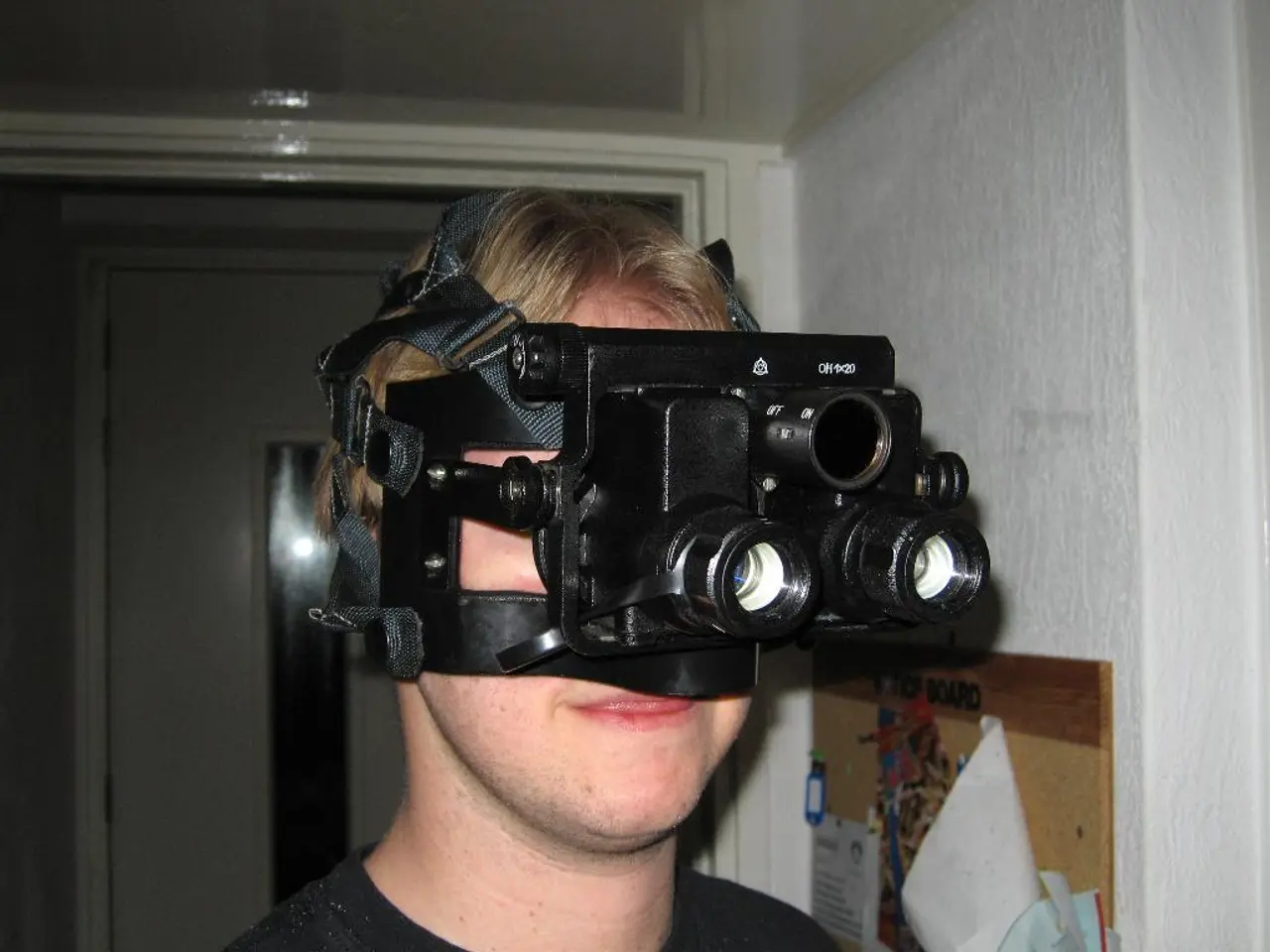"Industrial Obstacles Influencing Human Resources Tactics"
In the ever-evolving world of work, human resources (HR) departments are facing unprecedented challenges, from global demographic shifts to economic uncertainty and rapid technological advancements, particularly AI. These challenges have reshaped trends in recruitment and the world of HR, necessitating companies to adapt their strategies.
One such adaptation comes in the form of the innovative platform Trainer, which has been nominated for the HR Tech 2024 award in the Debut of the Year category. At the helm of this groundbreaking platform is Rafał Siejca, CEO and CTO, who brings over twenty years of corporate experience to the table. Notably, Siejca is one of Poland's few true VR experts with a decade of experience in this field.
Trainer represents a significant shift toward more sophisticated HR technologies. By harnessing the power of virtual reality (VR), the platform offers a host of benefits for HR departments. VR technology can be used in several areas, such as diversity and inclusion training, VR re-skilling and upskilling, enhancing employee engagement, and speeding up onboarding procedures.
One of the key advantages of VR in HR is its ability to provide immersive training and onboarding experiences. By simulating realistic work environments, VR can improve employee engagement and knowledge retention while providing consistent experiences for both remote and in-office employees.
In recruitment, AI-driven VR applications can revolutionise the hiring process. Candidates can participate in virtual job simulations and interviews, where AI analyses verbal and non-verbal cues, problem-solving skills, and stress responses for more objective assessment. This approach reduces bias, accelerates hiring, and improves retention by matching candidates more accurately to roles.
Examples of this innovation include AI-powered avatars and virtual job scenarios used in recruitment to evaluate candidate fit beyond traditional interviews. VR-based onboarding sessions can familiarise new hires with workflows and company culture in an engaging manner. Moreover, AI combined with VR can automate routine HR tasks and provide predictive analytics for workforce planning and personalised employee development.
Platforms like Trainer can provide immersive, interactive training modules tailored to real workplace challenges, creating a highly effective learning environment that addresses skill gaps and keeps employees motivated.
In summary, VR technologies in HR offer transformative applications such as immersive, AI-enhanced recruitment assessments and experiential training programs that improve talent acquisition, employee engagement, and operational efficiency within organisations. With its nomination for the HR Tech 2024 award, Trainer is poised to help retain employees and facilitate recruitment of qualified candidates, future-proofing a company's human resources and setting a new standard for HR technology.
- Trainer, the revolutionary platform nominated for the HR Tech 2024 award, incorporates virtual reality (VR) technology to revolutionize education-and-self-development opportunities within HR, offering benefits such as diversity and inclusion training, VR re-skilling and upskilling, and enhanced onboarding procedures.
- In the realm of recruitment, VR technology, combined with AI, enables candidates to participate in virtual job simulations and interviews, providing objective assessments of verbal and non-verbal cues, problem-solving skills, and stress responses, ultimately reducing bias and improving retention.




